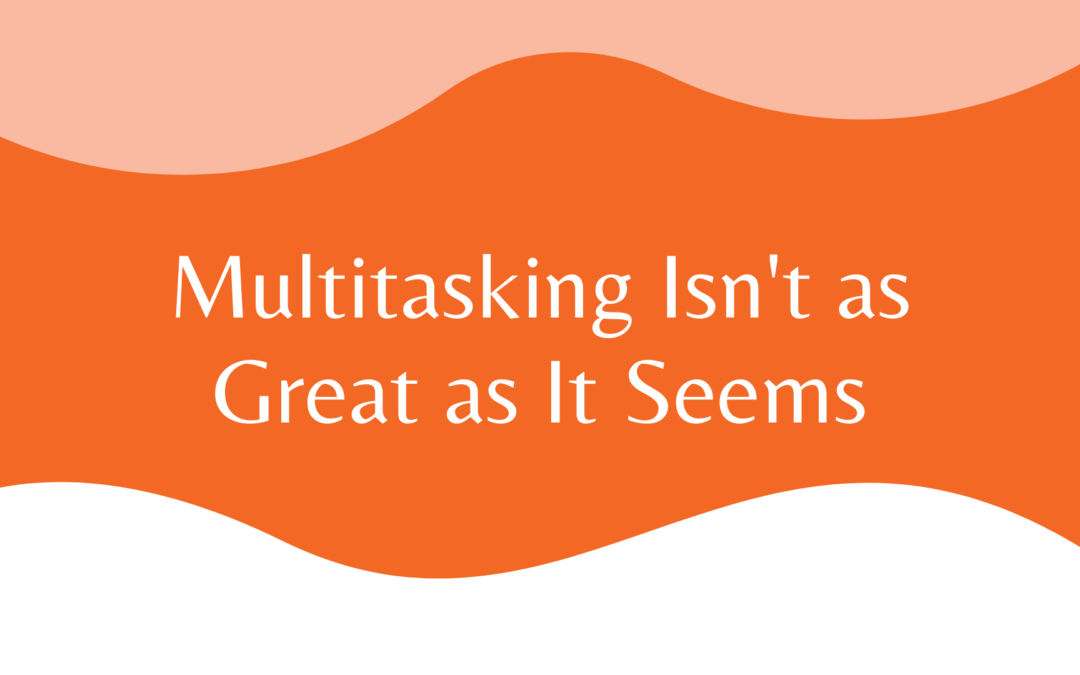
Why This Kind of Appreciation Feels Better
Being appreciated by someone can easily be considered one of the best feelings in the world. But one kind of appreciation gives you more joy than the rest of it – it is when they appreciate you for your hard work instead of talent or intelligence.
And there’s even a reason behind why this kind of appreciation feels more delightful than the rest of them.
In 1998, Claudia M. Mueller and Carol S. Dweck conducted a study with 412 fifth graders.
They were divided into two groups and each group was given two tasks.
The first task given to the students was very easy.
Regardless of the outcome, the students were told that they did well. But here’s the catch.
The first group (we’ll call it group A) was praised based on their abilities. They were told they’re smart, talented, or gifted.
On the other hand, the students of the second group (group B) were praised for their hard work and were told that their efforts paid off.
After the first task, the students were presented with the second task. It consisted of 3 puzzles with different difficulty levels – easy, medium, and hard.
The results of the two groups were quite interesting and varying.
Group A spent most of their time doing the easy puzzles. They didn’t even want to try the medium or the hard puzzles. Overall, these students had a low level of motivation and did not find the challenges interesting.
At the same time, students of group B spent most of their time on the medium and hard puzzles and had a good time solving the challenges. They also showed higher levels of motivation.
This demonstrates the concept of locus of control.
Locus of control means the degree to which you believe you have control over your life.
Group A was told that their results were an outcome of their abilities, and hence they believed that their results were dependent on the abilities, that is to say, not under their control.
They had an external locus of control (things happen to you) and believed success and failures are due to luck and fate, thus not something that they can control. When they failed they said things like I am not smart enough or the puzzle is too hard.
Group B was told that they succeeded because they put in the effort and therefore they believed that they could accomplish tasks because of their efforts. They had an internal locus of control (you cause things) and believed that they could control their successes and failures. They believed their hard work allowed them to do better in their puzzles. When they were struggling, they said things like I didn’t work hard enough.
When we have an external locus of control, we believe that the outcome is controlled by external forces and thus we see no point in putting in efforts or even trying. When we blame things on something else, we have an external locus of control.
However, when we adopt an internal locus of control we believe have more control over our lives and are willing to make the efforts.
Therefore, the key to having motivation, even when the external factors are terrible (such as an ongoing pandemic), is having an internal locus of control. You have to believe that it’s up to you to be responsible for everything that happens in your life.
But how do we develop an internal locus of control?
Control comes from taking responsibility. When you start to take accountability for your life and acknowledge that you are responsible for whatever happens in your life, you take your life under your control.
Moreover, know why you are doing what you do. Having a reason that drives you is much more important than doing something for external factors. When you want something, no one else needs to push you to make effort. Find yourself something you really want and put in efforts like your life depends on it.
Recap for memory:
- Locus of control is the degree to which you believe you have control over your life.
- Adopting an internal locus of control gives you the motivation to make efforts.
- Appreciate people for their efforts, not just their abilities.
P. S. Let me know if you’d like me to write about any topic and if you feel that this post was written with a hundred other things going in my mind, its because it was 🙂





